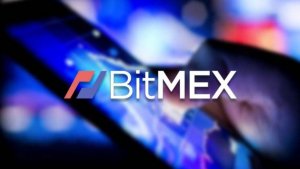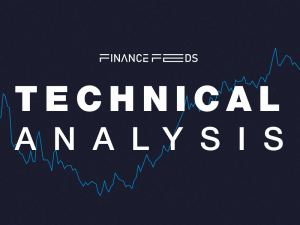ESG: Australia regulator publishes anti-greenwashing guidelines for issuers and investors
Three simple steps should make a difference in tackling greenwashing: use clear labels; define the sustainability terminology they use; clearly explain how sustainability considerations are factored into their investment strategy.

ASIC is stepping up to help issuers avoid ‘greenwashing’ when offering or promoting sustainability-related products. The regulator has also published new information to help investors assess if their values and goals align with a sustainability-related or ESG product.
‘Greenwashing’ is the practice of misrepresenting the extent to which a financial product or investment strategy is environmentally friendly, sustainable or ethical, as defined by the Australian financial watchdog.
Clear labels, define sustainability and investment strategy
ASIC has identified some areas for improvement in superannuation and investment products and is directing issuers to enhance their disclosure and promotions efforts.
Issuers include responsible entities of managed funds, corporate directors of corporate collective investment vehicles (CCIVs), and trustees of registrable superannuation entities.
Three simple steps should make a difference in tackling greenwashing: use clear labels; define the sustainability terminology they use; clearly explain how sustainability considerations are factored into their investment strategy.
ASIC regulates the way financial products are sold and distributed and the conduct of issuers offering financial services. Existing regulatory guidance sets out how issuers should meet their related obligations:
ESG assets are projected to exceed US$53 trillion by 2025
ASIC Deputy Chair Karen Chester said: “Managed funds and super funds are responding to the increasing investor demand for sustainability-focused investments. Investors are not only motivated by their values here, but also by long-term financial returns. Transparency and trust are paramount as the market for these products continues to develop and grow. In our region alone, sustainability-labelled investments have more than doubled between 2019 and 2021. While globally, ESG assets are projected to exceed US$53 trillion by 2025 and represent more than a third of total assets under management.
“Our information sheet is simply about helping issuers comply with their existing regulatory obligations. Labels or headline statements about a product’s green credentials should not be misleading. Being ‘true to label’ is not a nice-to-have, it’s a regulatory must-have. It’s also a must-have for investor confidence and trust. And a must-have for both fair and efficient market outcomes here. Misdirected investment here will inevitably be at great economic cost. We have set out 9 important questions for issuers to ask themselves. We would hope and indeed expect issuers to review their practices against our information sheet.”
ASIC Commissioner Sean Hughes commented: “This is and will remain a priority area of focus. ASIC is continuing to monitor the market and will be looking for misleading claims about ESG and sustainability. We are also appealing to industry and investors to alert us if you see suspected greenwashing in financial products.
“In weighing up investment options that suit their values, we encourage consumers to look out for vague or ambiguous language or exaggerated marketing claims that lack a reasonable basis to support them. This is clearly an evolving area, which is attracting attention from investors, funds and policy-makers alike. ASIC will continue to monitor sustainability disclosure practices and will make changes to INFO 271 to ensure our information remains relevant, contemporaneous and useful.”









